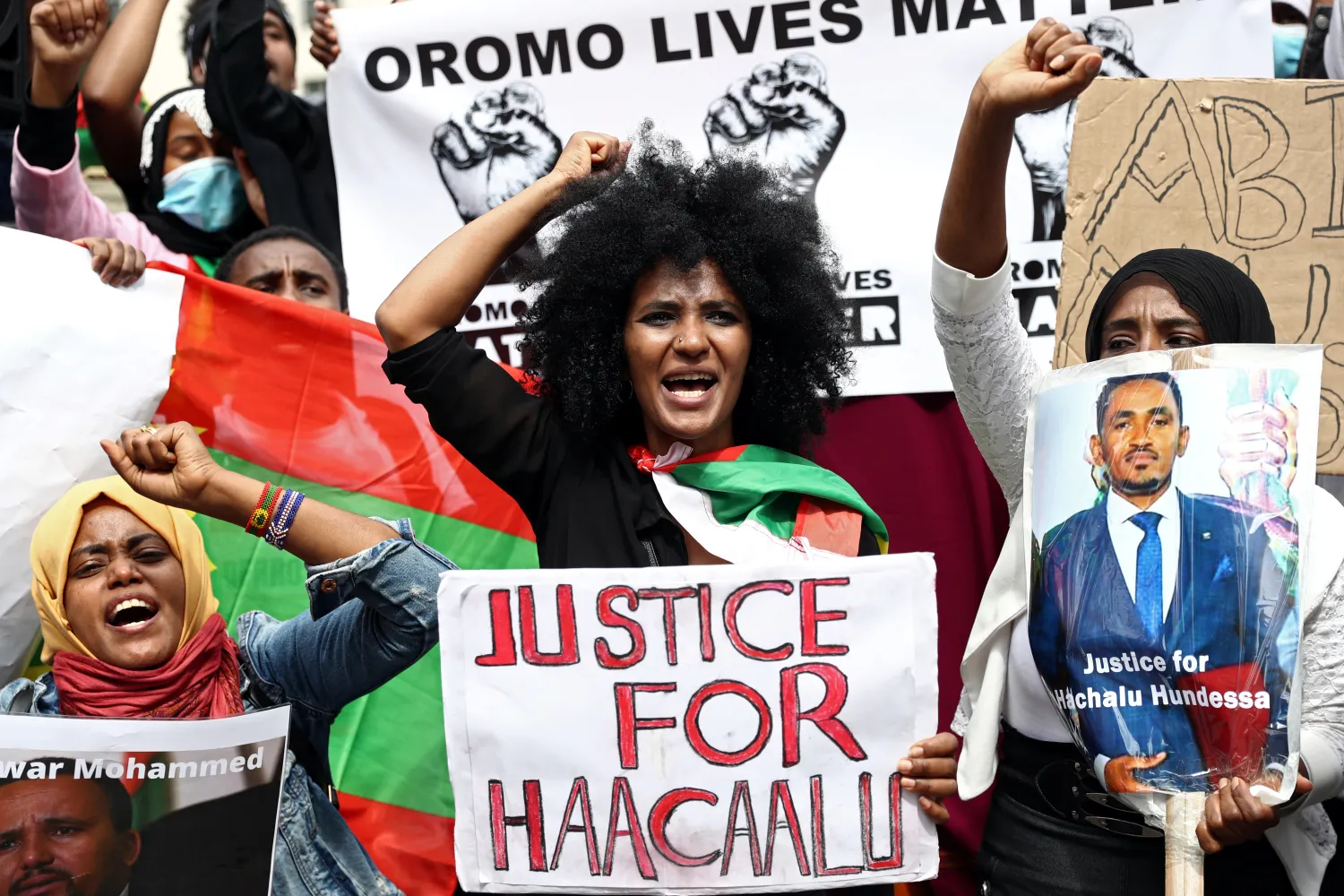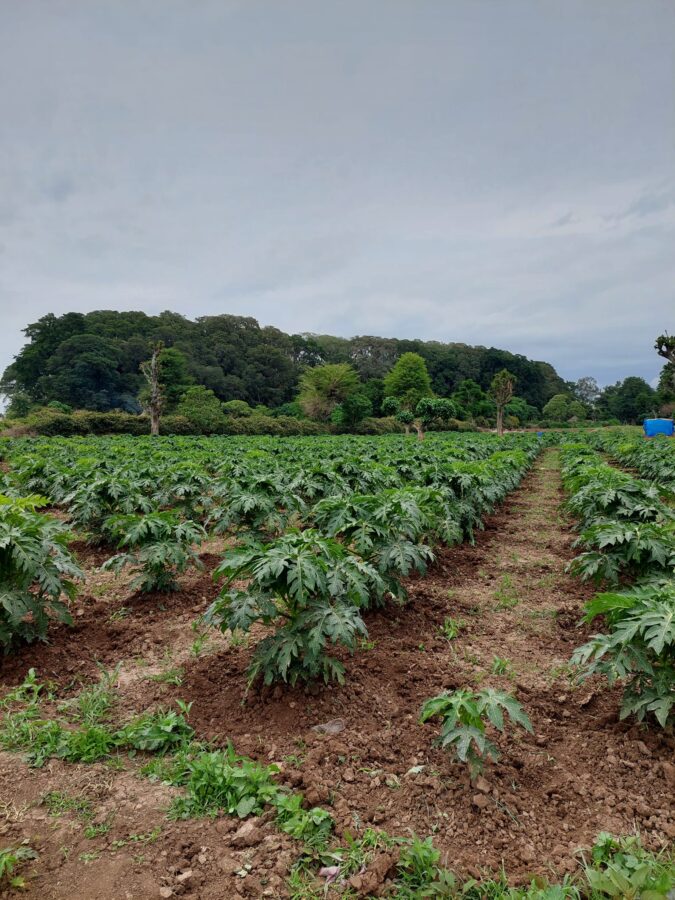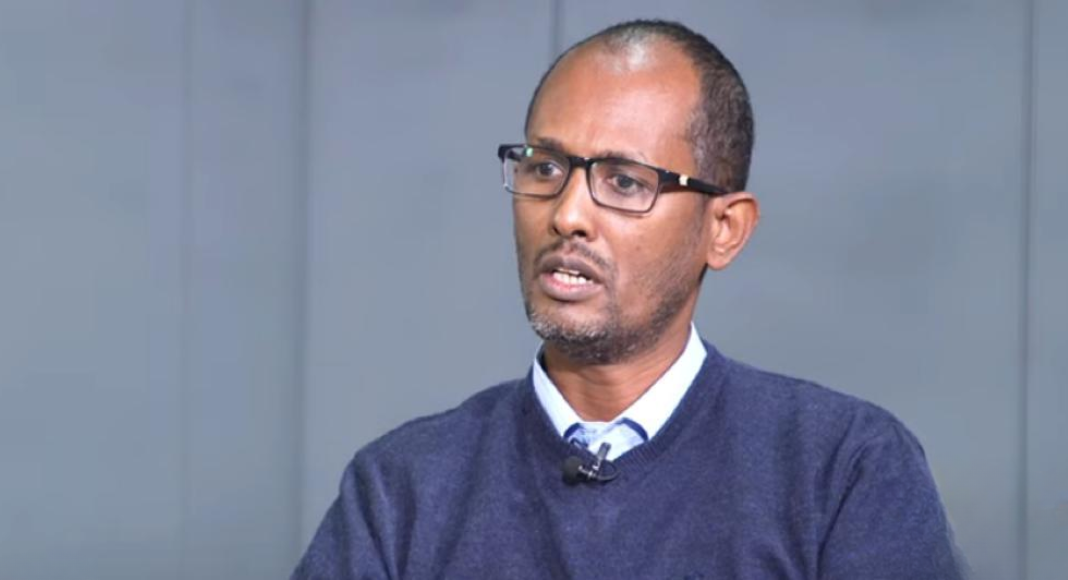|
Getting your Trinity Audio player ready...
|
The shockwave of Batte Urgessa’s assassination, a leading Ethiopian opposition figure known for his progressive views and calm demeanor, was felt both at home and abroad. He was killed on 9 April in Maqi, his hometown some 145 kilometres south of Addis Ababa.
Immediately, fingers were pointed at Abiy Ahmed’s government. Both family members and close associates of the late politician say his assassination was politically motivated.
The following day, the Oromia regional government, Batte’s home region, rushed with a statement denying reports that implicated government security forces in the assassination.
“Both the reported assassination of Mr. Batte Urgessa and the subsequent propaganda aimed at holding the government responsible is in no way acceptable,” the statement read.
Batte, whose death is a huge loss to both Oromia and Ethiopia, was a larger-than-life personality. He was a voice of reason throughout his political career, which made him a target of consistent harassment and imprisonment by the EPRDF government, and it seemed that fate was bound to continue under the current government.
In 2021, while visiting political prisoners from his party, the Oromo Liberation Front (OLF), he was accused of attempting to force their release and was arrested with his driver. Despite the judge granting him bail, the authorities refused to release him until the Hepatitis B virus he contracted while in detention seriously threatened his life.
Again, in February of this year, he was arrested while speaking with Antoine Galindo, a French journalist, in Addis Ababa. Both were later accused of “conspiring with armed groups.” Galindo was released after a week, and Batte a few days later, though the accusations against him were not dropped.
His assassination comes as a part of an ongoing crackdown on dissent in Oromia and Ethiopia in general. The current government, in an effort to consolidate power in Oromia, has resorted to violating constitutional rights that guarantee freedom of expression, association, and movement. Oromia has become a hotbed of conflict, extrajudicial killings, assassinations, torture, and imprisonment without due process.
The first high-profile assassination came in June 2020 when Hachalu Hundessa, a prominent Oromo artist was gunned down in Addis Ababa by unknown assailants. The circumstances of his assassination remain unclear to this day. It was followed by the assassination of Abdul-Jabbar Hussein, a prominent lawyer who defended political prisoners such as Batte while they were behind bars. Again, the circumstances surrounding his death lay unclear between government denial and public accusations.

Not long ago, Oromia and its youth were mobilized in defense of their human rights; however, since the current government came to power, Oromia has turned into a land where all aspects of life have been securitized and suspended. Cultural expression, media freedom, travel, and work have all been constrained, with individuals prohibited from existing outside the parameters set by the government. Even leaving the country has become difficult, with the process of obtaining official documents now taking longer periods.
According to Ezekiel Gebissa, an acquaintance and professor at Kettering University, Batte had tried to leave Ethiopia but was unable to secure a visa. Denied any employment opportunities in the capital, he eventually joined his relatives on a small family farm in Maqi, where he grew fruits and vegetables to support his family.
Three months before his last arrest, Batte confided in Professor Gebissa that government officials had given him two choices: cooperate with the ruling party or meet his ultimate end. “Batte turned to farming not out of convenience but to support his family,” the professor adds, “but they denied him even that. He was a man of truth and justice who refused to be bought.”

Millo Urgessa, Batte’s younger brother, confirms Batte traveled to Maqi on Monday to check on the family farm and visit his mother. On Tuesday, he went to sleep at Abebe Grazmatch, a guest house in the area popularly known as NOC.
Millo Urgessa vividly described the circumstances surrounding his brother’s assassination and laid the blame on the government. “Government security forces took him from his room on Tuesday night to the outskirts of the town. Residents witnessed a military pickup arriving with four soldiers. Three of them got out with Batte while the remaining soldier stayed in the car, issuing orders in Afaan Oromoo. They then executed him and disposed of his body in a location frequented by wild animals,” said Millo while speaking to a US-based media.
“They left him for wild animals to dishonor him and demoralize our family,” Millo adds, describing what the eyewitnesses who guarded Batte’s body overnight until he arrived saw.
A photo shared with with Curate Oromia shows Batte’s lifeless body, his hands tied behind his back. At least six shell casings were also found at the scene.
After the interview Millo was rounded up alongside his sister, the owner of the guesthouse Batte stayed in, and three eyewitnesses. Their arrests are part of the government’s intimidation campaign against the families of its targeted opponents.
“This is the work of the Koree Nageenyaa,” says Milkessa Gemechu, a former member of the ruling party’s central committee, who fled Ethiopia in 2020 and now teaches Political Science at Albion College in the U.S.
A recent Reuters investigation revealed that ‘Koree Nageenyaa’ is an unofficial ‘Security Committee’ at the heart of Prime Minister Abiy’s efforts to suppress dissent in Oromia. It was formed in 2019 to provide a structure for cracking down on dissent in the restive region. Its members, senior political and military officials, meet at the ruling Prosperity Party’s Oromia chapter headquarters in Addis Ababa.
The investigation also revealed that the committee issues directives to illegally detain and extrajudicially kill opponents. In December 2021, 14 members of the Karrayyu clan, including their Abba Gadaa (traditional governor), were summarily executed in Oromia’s East Shawa Zone on its order.
Antoine Galindo, the French Journalist who was arrested with Batte in February, believes Batte was assassinated under similar circumstances. “The conclusion I could draw from my own story with him in custody is that this entire thing was guided by the NISS (National Intelligence and Security Service), not the police,” he told Curate Oromia.
Assebe Regassa, a researcher at the University of Zurich, asserts that authoritarian leaders in many countries eliminate potential opposition candidates as part of their efforts to consolidate power. According to Dr. Regassa, Batte was likely targeted because he was an emerging leader, fearless and articulate. “They wanted to eliminate any potential future leader.”
Batte was a selfless human rights advocate who foregrounded the humanity of the Oromo, a people the Ethiopian state has long dehumanized, even when its supposed rulers are ‘Oromo.’
His assassination is an attack on not just his humanity, and that of his family, but also an attack on the dignity of his people.
